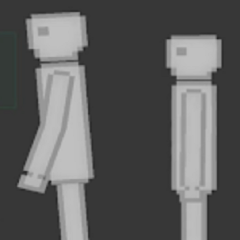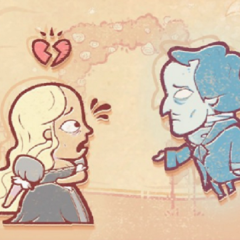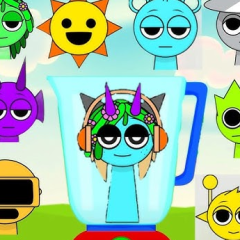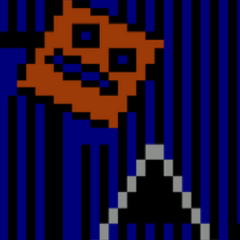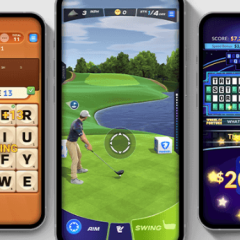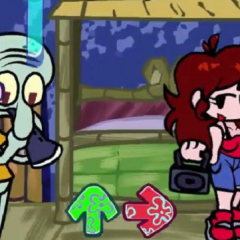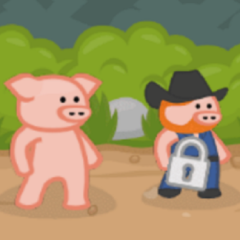Mr. Magpie’s Harmless Card Game offers no characters, no voices, and no backstory. The player begins each session by facing a grid of covered cards and a single goal — collect enough money before time expires. There are no turns, only the pressure of choice. The cards do not speak, but they respond. Every click is a commitment. Every reveal is a result. The game builds tension not through visuals or sound, but by asking the player to act on limited knowledge again and again.
Each Move Is a Test
The only tools available are the player’s judgment and the timer. Cards may contain money, modifiers, or termination effects. The more cards flipped, the higher the reward — but also the risk. Some cards provide information about adjacent tiles. Others remove progress entirely. There is no way to fully predict outcomes, so the player must develop patterns of caution and risk. The further into a round the player goes, the more weight each action carries.
Game Structure and Components
Mr. Magpie’s Harmless Card Game includes:
· A grid-based board filled with hidden card effects
· A fixed cash goal that defines success
· A time limit to pressure decision-making
· Optional perks that alter the player’s tactical choices
· A system of instant failure from hazardous cards
These pieces work together to build an experience where every round depends on both recognition and restraint.
Adapting Through Repetition
Progress in the game doesn’t come from unlocking levels but from refining decisions. Perks are purchased between rounds and may change the odds or reveal more information. Some allow safer play, while others reward bold choices. As players continue, they begin to recognize the value of early exits and the risk of pushing for one more card. Nothing is permanent, but each session leaves behind a small lesson in probability, timing, or greed.
No One to Blame but the Player
Mr. Magpie’s Harmless Card Game does not create artificial difficulty. The rules are simple, the objective is known, and the outcomes are immediate. Mistakes happen not from lack of clarity, but from the choices made. Success feels earned because the game provides no distractions from consequence. The table doesn’t lie. The cards do not shift to help or harm. What matters is how far the player goes — and whether they knew when to stop.






